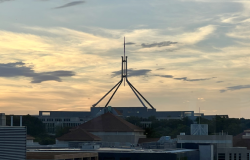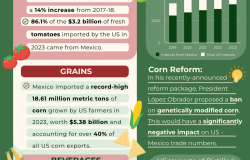The Future of American Coasts
America began as a coastal country, and, after a century of identifying with its heartland, is now returning to the sea demographically, economically, and culturally. Today, more of us live on coasts, but few know how to live with them in a sustainable manner. Coastal futures depend on the recovery of the oldest form of intelligent human life, homo littoralis. In this talk John Gillis will explore the ways humans have shaped shores and how shores have shaped humanity.
Overview
America began as a coastal country, and, after a century of identifying with its heartland, is now returning to the sea demographically, economically, and culturally. Today, more of us live on coasts, but few know how to live with them in a sustainable manner. Coastal futures depend on the recovery of the oldest form of intelligent human life, homo littoralis. In this talk John Gillis will explore the ways humans have shaped shores and how shores have shaped humanity.
John Gillis, Professor Emeritus at Rutgers University, now divides his time between two coasts, the Bay Area and the Gulf of Maine. He is the author of Islands of the Mind (2004) and The Human Shore: Seacoasts in History, to be published by the University Chicago Press in November. Before turning to global environmental history he worked in German and British history, focusing on age relations, marriage, family cultures, and memory. With James M. Banner, Jr., he edited Becoming Historians (2009).
Reservations requested because of limited seating: HAPP@wilsoncenter.org or 202-691-4166
Speaker
Hosted By

History and Public Policy Program
The History and Public Policy Program makes public the primary source record of 20th and 21st century international history from repositories around the world, facilitates scholarship based on those records, and uses these materials to provide context for classroom, public, and policy debates on global affairs. Read more
Thank you for your interest in this event. Please send any feedback or questions to our Events staff.










